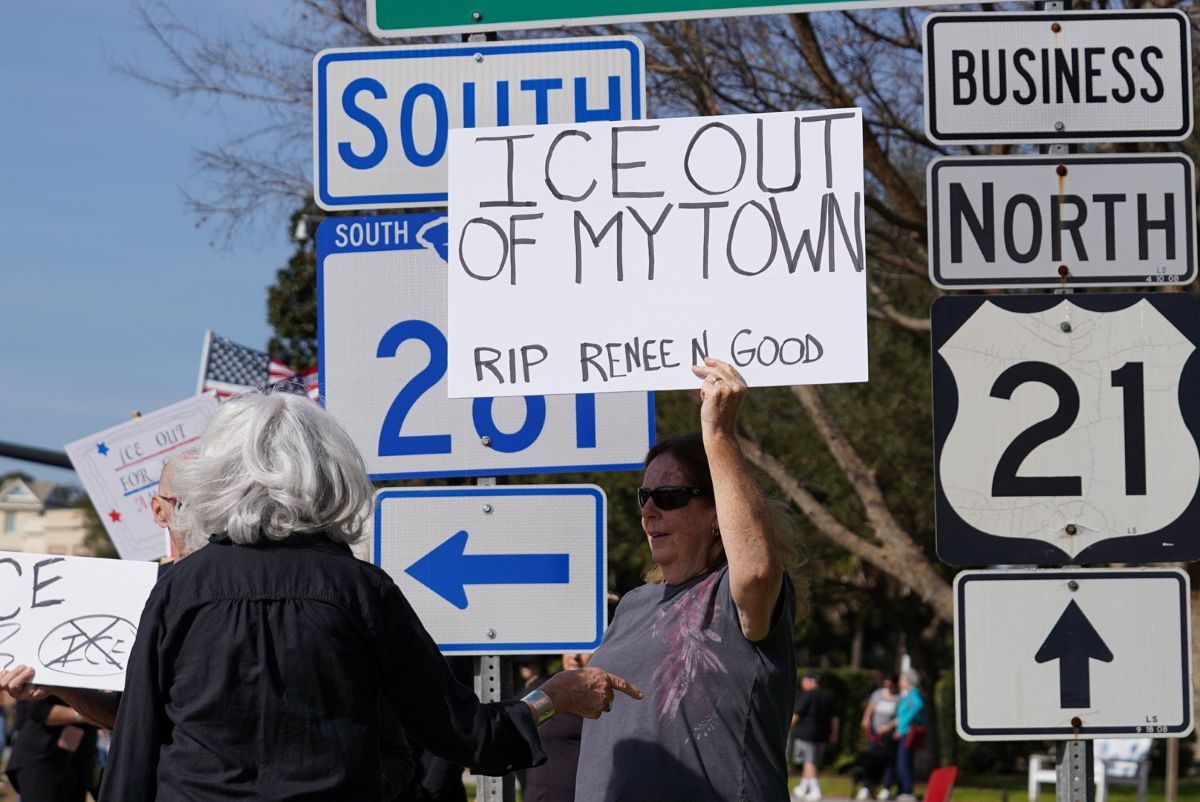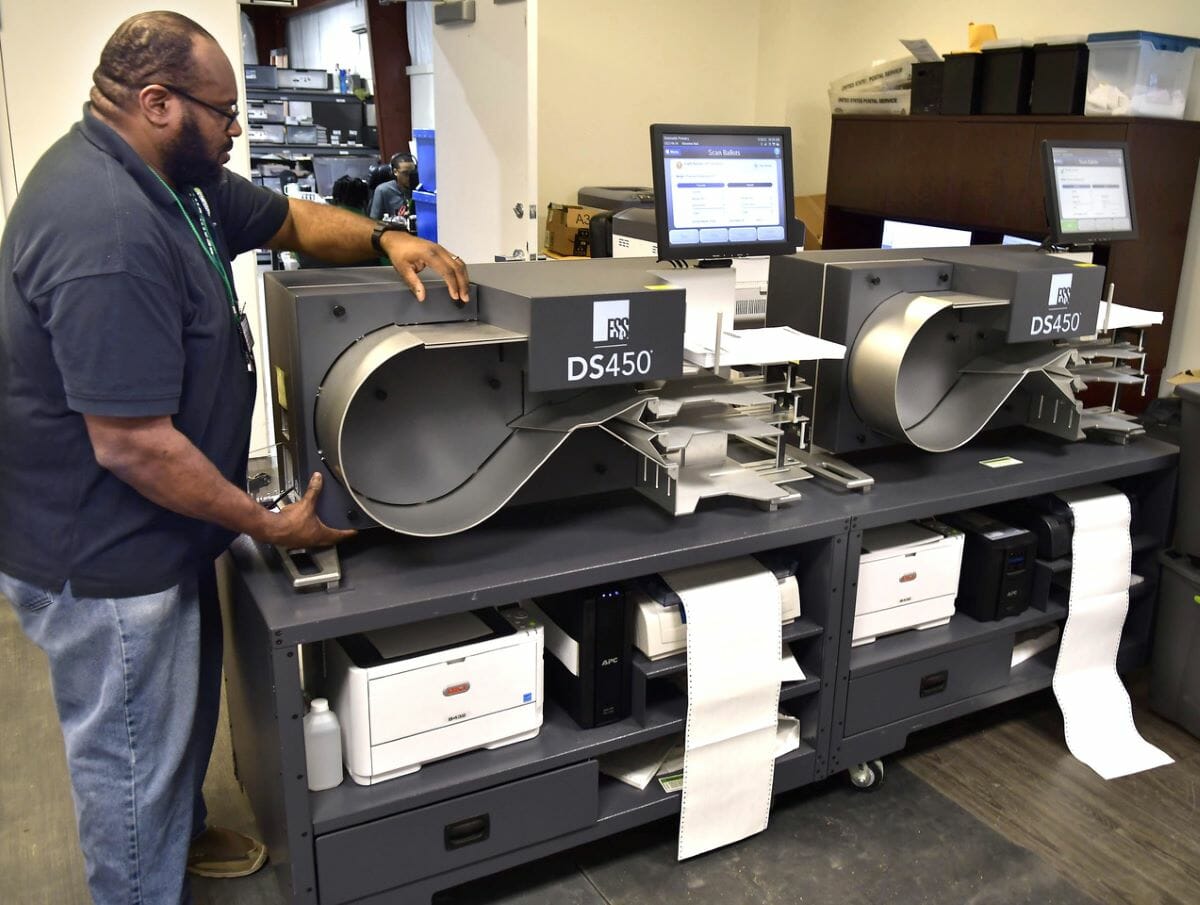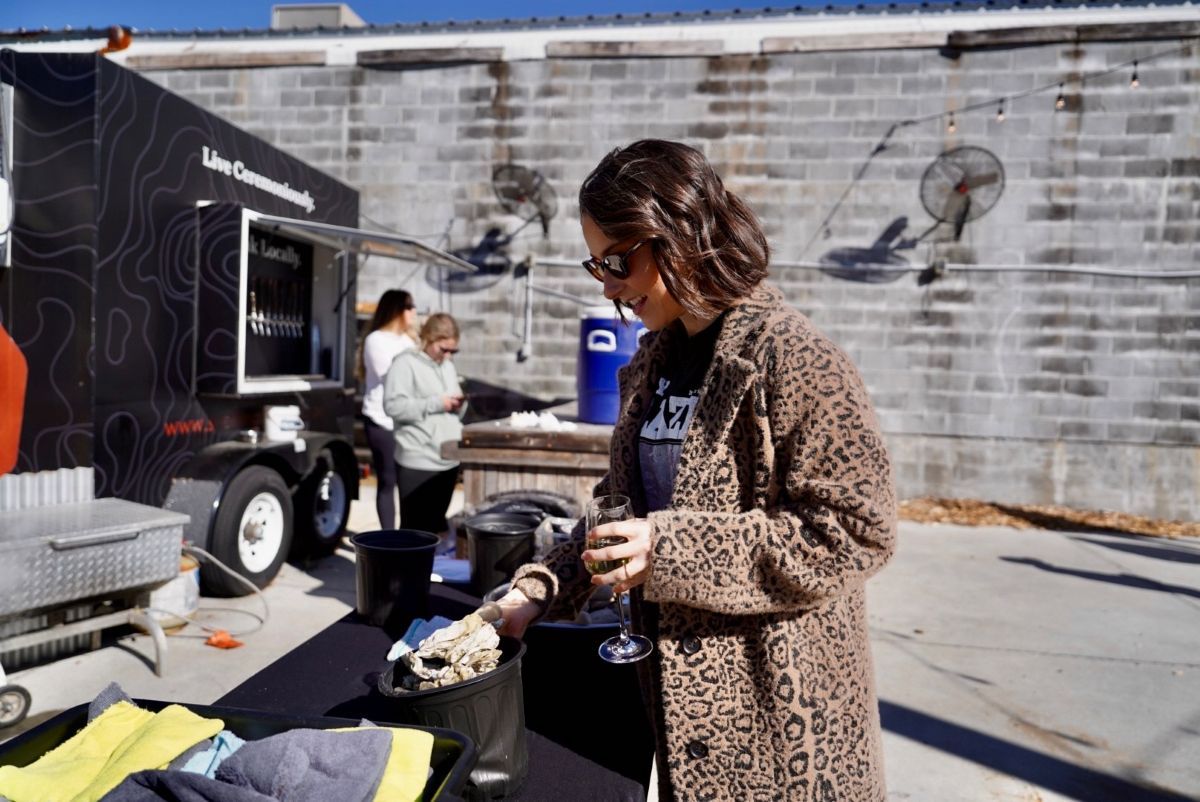By Tony Kukulich
When Sgt. Josh Dowling of the Beaufort Police Department began investigating a complaint about harassing and threatening phone calls, there was no way he could have known where that investigation would lead or how far it would reach.
There was also no way he could have known that his investigation would help solve two murders in Lubbock County, Texas that had long since gone cold.
Dowling’s role in that wide-ranging investigation was recently featured in the inaugural episode of a new Investigation Discovery crime series called “Devil in the Web.”
In May 2018, local real estate agent Katie Gambla started receiving very troubling calls from an unknown person. She filed a complaint at the time, but it wasn’t investigated because, according to Dowling, the calls stopped. The respite didn’t last.
“Back in May of 2019, there had been a real estate agent here in Beaufort who was getting these very unusual phone calls, very explicit, very sexual in nature,” Dowling said. “It obviously made her quite apprehensive. She thought the worst, obviously. She filed a report with the City of Beaufort. I was assigned the investigation in the matter.”
Gambla was concerned that the caller resided in the area and was targeting her. As a real estate agent, she had a strong social media presence and frequently received calls from unknown numbers. While she occasionally dealt with an upset client, these calls were far from anything she had previously experienced.
“The calls quickly changed into explicit sexual and physical threats of violence,” Gambla said in the Investigation Discovery episode.
Calls to Gambla’s phone were coming from the same person, but the incoming phone number was constantly changing making attempts to block the calls ineffective. Dowling determined that the caller was using voice over IP (VOIP) technology to mask his identifying information. A search warrant for the VOIP provider didn’t reveal any information to identify the caller, but information did come to light.
“There was an astronomical amount of calls that were outgoing,” Dowling said. “So I started Googling the phone numbers trying to figure out who this person was and who these people were that he was calling. Every single outgoing call was to a female real estate agent throughout the country. I think there were calls to 20 states. It was literally back-to-back (calls) all day.”
Dowling called some of the numbers he had obtained through the search warrant, and each recipient told a story that was virtually identical to Gambla’s experience.
“They were all quite terrified that the perpetrator was local to their area,” Dowling said. That kind of put our victim at ease here in Beaufort because she realized the suspect probably wasn’t here in Beaufort, but was randomly calling real estate agents.”
The IP address used to access the VOIP system was tracked to a multifamily dwelling in Lubbock, Texas. A search warrant was issued for a single unit in that building, and the search was executed by the Lubbock police. They came up empty handed.
“Lubbock police interviewed the suspect and they were pretty convinced it’s not this person,” Dowling said. “As a result our investigation comes to a conclusion because we just hit a complete dead end. We felt confident that the person was in that building, but we didn’t know which one.”
Several months later, an investigator in Waco, Texas was assigned a complaint from a real estate agent who had received explicit and threatening calls. In this case, the caller also threatened the children of the victim with sexual violence.
The Waco investigation identified the same unit in the same building in Lubbock that Dowling had found. That investigator contacted Lubbock police who relayed the story about Dowling’s investigation. Thinking they would hit the same dead end, investigators made an important discovery.
In the intervening months between the investigations, there was a complete turnover of occupants in that building with one exception. Investigators theorized that the one tenant who remained must be their suspect. That man was Andy Castillo.
A search warrant was issued for Castillo’s apartment, and corroborating evidence implicating him in a nationwide campaign of harassment and threats targeting real estate agents was recovered. Castillo’s DNA was collected, and Lubbock investigators made another discovery.
Castillo’s DNA matched DNA recovered from the scene of murders. As reported by KLBK, Castillo was indicted in December 2020 for the murders of Cynthia Palacio in July 2003 and Linda Carbajal in April 2004. Both women were strangled to death.
“That was obviously something that was quite unbelievable,” Dowling said. “It was something that started with harassing phone calls that materialized into something that significant.”
Castillo never had to answer his charges. He died from complications due to COVID-19 in August 2021 while in police custody.
Episode one of the Investigation Discovery series “Devil in the Web” can be found on Discovery Plus.
Tony Kukulich is a recent transplant to the Lowcountry. A native of Wilmington, Del., he comes to The Island News from the San Francisco Bay Area where he spent seven years as a reporter and photographer for several publications. He can be reached at tony.theislandnews@gmail.com.
Sgt. Josh Dowling of the Beaufort Police Department appears in front the police department headquarters in Beaufort, South Carolina, Friday, June 10. Dowling’s work on a harassment investigation led to the solving of two murders. Photo by Tony Kukulch.








